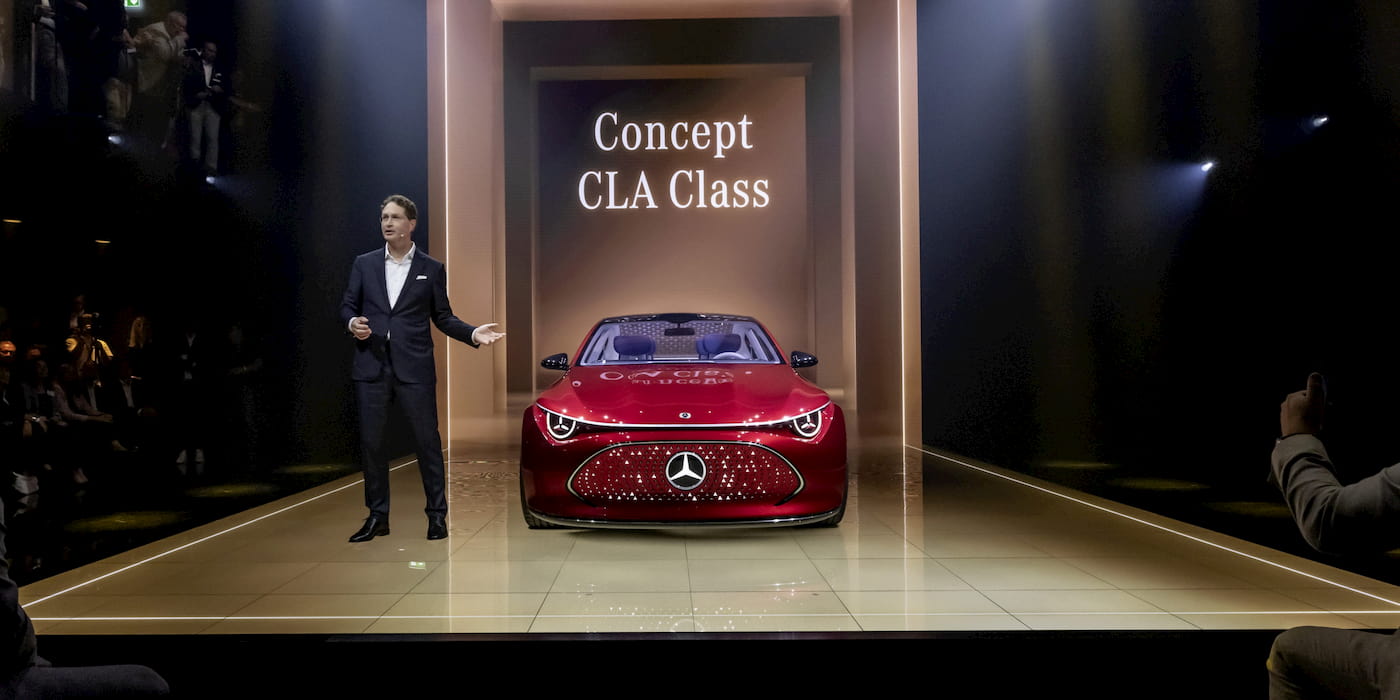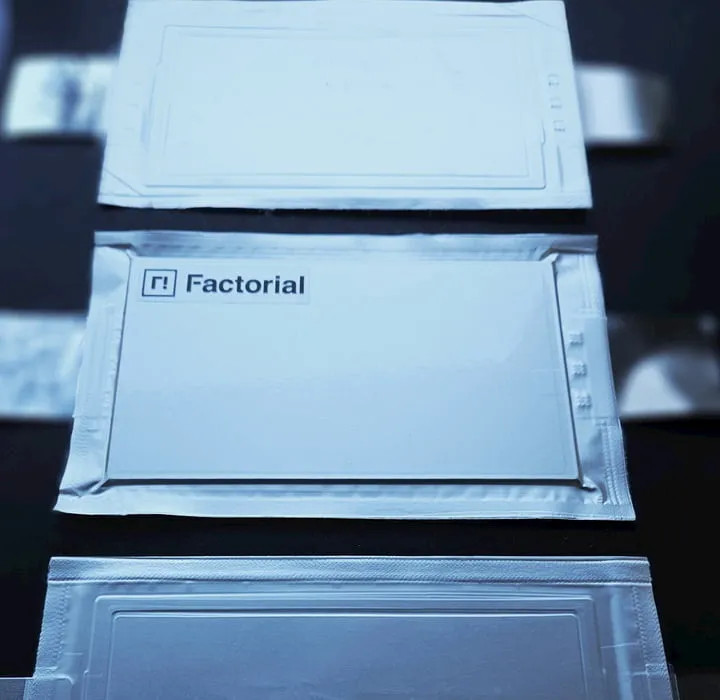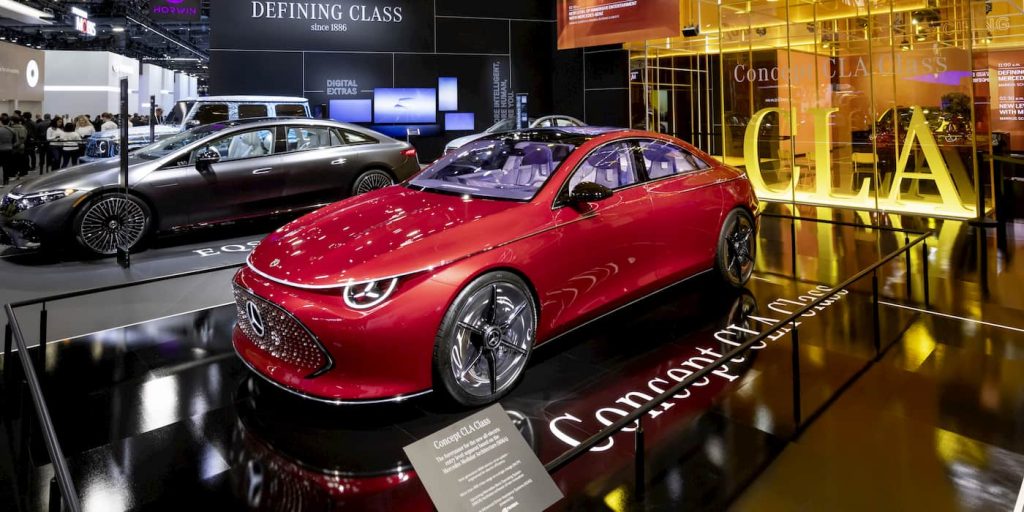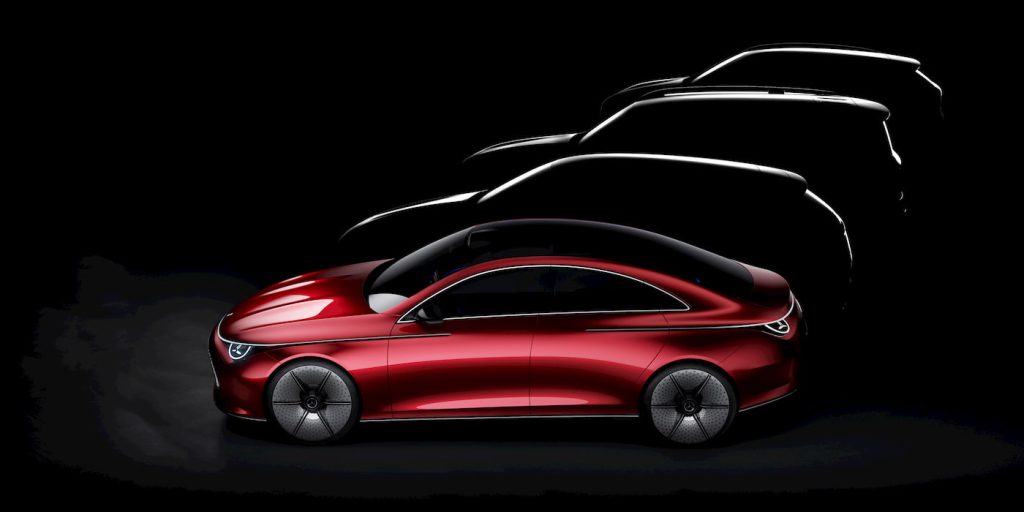
Mercedes is getting new all-solid-state EV batteries for its next-gen models. Developed with Factorial, its new all-solid-state battery “breakthrough” can extend EV range by up to 80%.
Mercedes is getting new all-solid-state EV batteries
Factorial is “at the cutting edge” of solid-state EV battery tech. The US-based company claims its tech will extend EV range, increase safety, and reduce costs compared to what’s on the market today.
Mercedes was among several automakers, including Hyundai and Stellantis, that invested in Factorial’s $200 million fundraise in 2022.
The company has been advancing its proprietary solid-state FEST (Factorial Electrolyte System Technology) platform for years. Its solid-state battery cells based on the FEST platform were delivered to Mercedes earlier this summer.
On Tuesday, Factorial introduced its latest breakthrough, Solstice. The new all-solid-state EV battery was developed with Mercedes to power its next-gen models.
Factorial said its sulfide-based system addresses concerns over flammable liquid electrolyte designs. It will also maintain stability when operating at temperatures over 194°F (90°C).

The safer design can reduce the need for heavy cooling systems within the battery pack, which can drive even lower prices.
With a “breakthrough energy density” of 450 Wh/kg, Factorial claims the new tech can extend EV range by up to 80%. It will also drastically reduce the weight of EVs for even higher efficiency.
Factorial aims to unlock over 600 miles of driving range for future electric models with 40% weight savings (compared to traditional Li-ion batteries). The company says its tech is also 33% smaller.

Solstice will complement Factorial’s FEST platform for safer and more efficient electric vehicles. The new all-solid-state EV batteries are expected to launch by the end of the decade.
According to chief tech officer Markus Shafer, the new tech is a “cornerstone of Mercedes-Benz’s strategy and commitment” to leading EV battery development. Shafer added that Solstice will help Mercedes “set new standards in range, cost, and performance.”

The new tech comes a day after after Toyota announced its plans to develop and produce all-solid-state EV batteries have been certified in Japan.
Toyota is among several leading Japanese companies, including Nissan and Panasonic, aiming to boost domestic production. Japan seeks to secure a stable domestic supply chain to reduce reliance on China and South Korea, which currently dominate the global battery market.
Automakers are betting on solid-state batteries for longer-range, more efficient electric vehicles. However, significant challenges, including poor performance in extreme weather, have proven to be more complex than expected.
Source: Factorial, Mercedes-Benz
